
ZSL
Zoological Society of London
Working with local communities is essential to tiger conservation, writes ZSL Nepal's Abarta Pandey.
Kusum village, lying beside Banke National Park, Nepal, has long been a place where local people journey into the forests to collect firewood. However, such trips are not without danger, with each trip running the risk of encounters with wild animals living in forests. Harmonious coexistence between people and wildlife is essential for building a world where nature and humans thrive alongside one another, and ZSL has been working with Kusum residents to support them to live alongside wildlife, such as tigers, who also call these forests home.

ZSL’s support to Kusum village is provided through The Integrated Tiger Habitat Conservation Programme (ITHCP), an initiative implemented by the International Union for Conservation of Nature (IUCN) and funded by German Cooperation via KfW Development Bank, which contributes to the global effort to double tiger numbers in the wild by supporting landscape level conservation work benefiting species, communities, and habitats. Under ITHCP, ZSL operates in Banke National Park, and 3 other National Parks in Nepal, and one Wildlife Sanctuary in India, all located within the Terai Arc Landscape, a cross-border region between both countries. Since our involvement in ITHCP in 2016, the tiger population across project sites has increased by 90%, a testament to the success of the combined efforts of conservation stakeholders working for tigers in the landscape. With this increase however, the necessity of enhancing human-tiger coexistence grows.
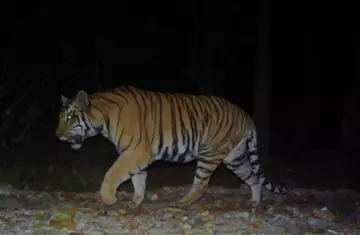
We’ve helped distribute 58 sets of electric cooking stoves to families in Kusum, accompanied by cooking utensils such as pressure cookers and frying pans, and have introduced a micro-hydropower plant to ensure a steady supply of electricity. These activities were chosen as livelihood support interventions by the community, following consultation with ZSL and partners. Using an electric cooker reduces the amount of time community members spend travelling into forests to collect fuel, reducing both the risk of animal interactions, and overall fuelwood consumption.
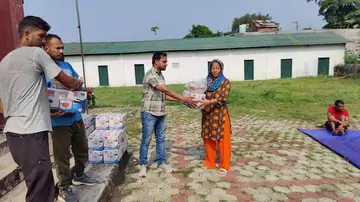
Chyamu Chaudhary, Kusum resident, said: "Cooking with electric stoves is not only timesaving but also economically cheaper”. Formerly reliant on frequent forest visits for firewood, Chyamu now makes only occasional trips, reducing the risk of unexpected wildlife encounters. She added: "Using the electric cooking stove for a family of five has limited our expenses to a maximum of Rs 1,000, a stark contrast to the Rs 1,650 spent on Liquefield Petroleum Gas."
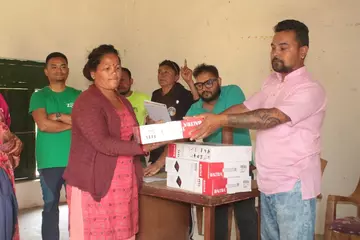
The shift to electric stoves brings economic benefits while also addressing health concerns associated with traditional cooking methods. Lila Nepali, another Kusum resident, added: "The use of electric cooking has lessened the exposure to indoor smoke, which used to cause suffocation and eye irritation. Now, the kitchen is smoke-free, and I feel better with no smoke lingering in the air."
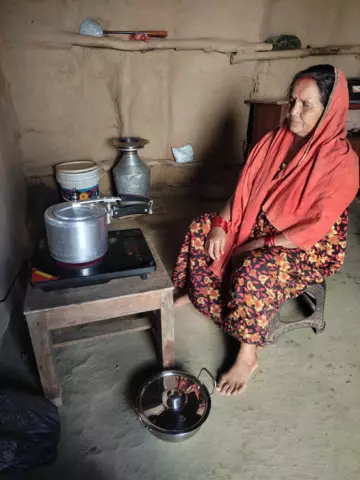
This approach also promotes sustainable cooking practices by moving towards renewable forms of energy. As Kusum village embraces electric cooking, the community has began reducing its forest dependency, signifying a journey towards a more sustainable future with reduced human-wildlife conflict. ZSL looks forward to upscaling interventions such as this in other sites across the Terai Arc, giving communities greater capacity to coexist with wildlife while improving livelihoods and health.
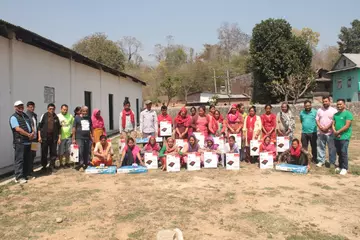
This project is supported by IUCN’s Integrated Tiger Habitat Conservation Programme, funded by the German Cooperation via KfW Development Bank. The contents of this article are the sole responsibility of ZSL and do not necessarily reflect the views of IUCN, the German Cooperation or KfW